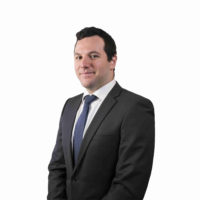The Victorian Supreme Court of Appeal recently rejected an interlocutory application by two alleged drug traffickers charged with conspiring to traffick a large commercial quantity of ice. The accused argued against the use of evidence obtained by the Australian Federal Police via their own mobile phones.
The AFP covertly uploaded software to the accused’s mobile phones via the mobile network. The software enabled the AFP to record face to face conversations the accused were having using the microphone on the accused’s mobile handsets. When the microphone was activated, the conversations it picked up were then transmitted back to police at a remote location and recorded.
The argument before the Court concerned whether the software which was uploaded to the mobile phone should be considered within the definition of a ‘surveillance device’ as required by the legislation which governs the obtaining of surveillance evidence. If the accused could establish that the device did not meet the definition, the evidence could then be found to have been illegally obtained.
Melbourne criminal lawyers argued that the Act did not allow for the use of software to activate microphones on the handsets and enable transmission of the conversations. The Court however agreed with lawyers for the AFP in that nowhere in the act is any particular technology defined, finding that the phone was “clearly capable of being used to record, monitor or listen to a conversation”.
Police must first obtain a warrant to use any surveillance device, but the ability to use an accused’s own mobile phone to record conversations undoubtedly removes some of the difficulties associated with traditional listening or recording devices. Rather than needing to physically plant a device in a location where incriminating conversations may take place, unless the accused has the conversations away for his or her phone, the police can watch and activate the microphone whilst recording everything that is said.


